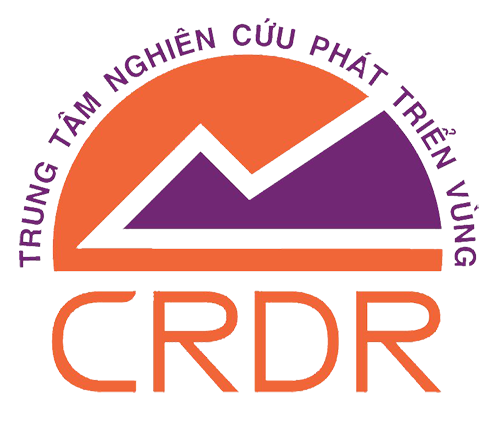Improving Regulatory Governance and International Standards: A Comprehensive Overview
The global landscape of regulatory governance and international standards has witnessed significant development in recent years. As countries strive to enhance transparency, fairness, and efficiency in their regulatory frameworks, international organizations such as the World Trade Organization (WTO) play a crucial role in facilitating cooperation and harmonization among nations.
One important agreement that contributes to this objective is the WTO TBT Agreement. This agreement focuses on improving regulatory coherence and reducing unnecessary trade barriers by promoting the use of international standards and conformity assessment procedures. By aligning regulatory practices with international norms, countries can facilitate trade and ensure a level playing field for businesses.
Another area where agreements play a vital role is in the realm of employment contracts. For instance, a sales commission employment agreement outlines the terms and conditions between employers and sales representatives regarding commission-based compensation. Such agreements provide clarity and protection for both parties involved, ensuring a fair and mutually beneficial working relationship.
Similarly, an OLA agreement, which stands for Online Learning Agreement, is commonly used in the education sector. It defines the rights and responsibilities of students, universities, and educational institutions in online learning programs. By establishing clear guidelines and expectations, OLA agreements contribute to a seamless and effective online learning experience.
Executive orders and executive agreements also play a significant role in governance at the national level. To understand these instruments of power, one can refer to the informative article “What are Executive Orders and Executive Agreements?” which provides a comprehensive overview of their definition, scope, and implications. These tools enable heads of state to implement policies and regulations without requiring legislative approval, ensuring swift action in times of urgency.
In the financial sector, entities often engage in hedging agreements to mitigate risks associated with fluctuations in prices or interest rates. Under the guidance of Investopedia, a leading financial education platform, individuals can gain a deeper understanding of hedging strategies and how these agreements enable market participants to protect themselves against adverse movements in various asset classes.
Banking agreements play a critical role in shaping the operations and relationships between banks and corporations. A well-crafted banking agreement ensures transparency, compliance with regulatory requirements, and the provision of financial services tailored to the specific needs of corporations. By establishing a clear framework, such agreements foster trust and stability in the banking system.
When it comes to real estate transactions, a valid rental agreement is crucial in protecting the rights of landlords and tenants. In states like Karnataka, India, a rental agreement stamped on paper is legally enforceable and serves as evidence of the agreed terms and conditions. This practice ensures that disputes are resolved fairly and uphold the interests of both parties involved.
Lastly, the sale of membership interest in a limited liability company (LLC) necessitates a comprehensive agreement. Such agreements, as discussed in an article by Checkout Panda, provide a legal framework for transferring ownership rights and obligations associated with membership interest in an LLC. These agreements protect the interests of all parties involved and facilitate smooth ownership transitions.
In conclusion, improving regulatory governance and international standards is a multifaceted endeavor that encompasses various areas of interest. Agreements, whether at the international, employment, education, governance, financial, banking, real estate, or corporate level, play a pivotal role in promoting transparency, fairness, and stability. By honoring these agreements, stakeholders can foster trust, cooperation, and economic growth on a global scale.
